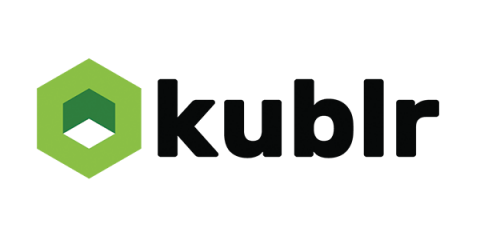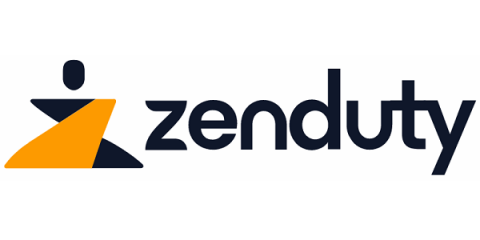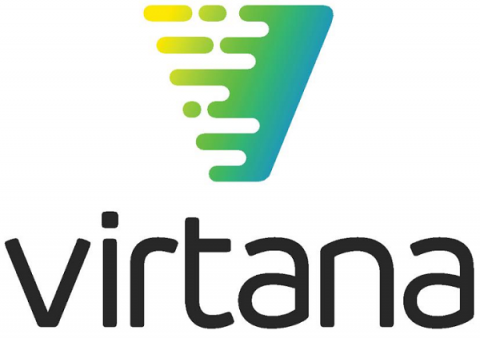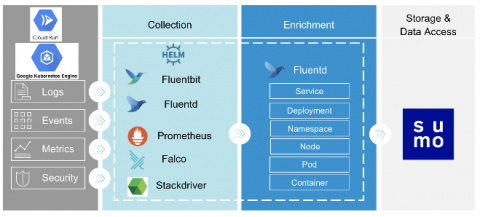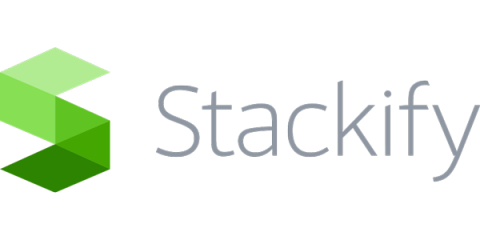Operations | Monitoring | ITSM | DevOps | Cloud
Latest News
Kublr 1.14. RBAC for Centralized Logging & Cluster Definition w/ Multiple User Instance Groups
Committed to providing reliable and secure Kubernetes across the enterprise, Kublr 1.14. brings further improvements to the UI, operations functionalities, and introduces support for SUSE Linux Enterprise Server.
The importance of GameDays
GameDays were first coined by Amazon’s “Master of Disaster” Jesse Robbins when he created them intending to increase reliability by purposefully creating major failures on pre-planned dates. Game Days help facilitate the values of chaos engineering. Chaos engineering is the disciplined practice of injecting failure into healthy systems. With modern IT services becoming increasingly sophisticated continuously changing systems, outages are inevitable.
The King is Dead, Long Live the King! AWS Savings Plans Shake up the Cloud Cost Optimization Industry
Last week, Amazon announced the end of the reserved instance, commonly known as the “RI”, with the announcement of their new replacement, “AWS Savings Plans”.
Building Consistent Revenue Monitoring with AI
The digital era has brought vast cultural transformations – the sharing economy, microtransactions, lightning-fast communication and much more. Much of this has also resulted in considerable innovation in revenue-related areas. Companies from various industries today manage a large number of revenue streams from different revenue models.
New research from Bloor shows Virtana AIOps leadership
In the brave new world of new Hybrid Datacentre, management, control and monitoring of the application estate and its underlying infrastructure is increasingly challenging. Implementing real-time monitoring, empowered by AI-based analytics, for all key applications and infrastructure is the only way to measure, control and ensure end to end performance and availability.
Assure Performance of Applications Using Scale-out Storage
The promise of a scale-out storage system (block or file) is that application performance (IOPs or bandwidth) scales “near” linearly. For instance, IOPs and throughout scale almost linearly as you add nodes in a Dell EMC Isilon cluster while latency remains around 1 msec. Isilon is the Dell EMC scale-out NAS storage platform and an ideal system for bandwidth intensive workloads requiring access to unstructured data. As your dataset grows the ability to scale linearly becomes critical.
Virtana to Showcase AI-Powered Hybrid Infrastructure Management Solutions at Gartner IT Infrastructure, Operations & Cloud Strategies Conferences in London and Las Vegas
Virtana, the leader in hybrid infrastructure management for mission-critical workloads, announced today its participation at both the UK edition of Gartner’s IT Infrastructure, Operations & Cloud Strategies Conference, taking place November 25-26, 2019 in London, and the US edition taking place December 9-12, 2019 in Las Vegas.
Monitor Cloud Run for Anthos with Sumo Logic
Cloud Run for Anthos allows you to run stateless containers on Anthos GKE on Google Cloud, on-premises and multi-cloud environments. Cloud Run is serverless: it enables you to run requests or event-driven stateless workloads without having to worry about servers. It abstracts away all infrastructure management such as provisioning, configuring, and managing servers, so you focus only on writing code.
Here's How to Calculate Elapsed Time in Java
Many things in programming sound like they should be easy, but are quite hard. Calculating elapsed time in Java is one of those. How hard could that be? As it turns out, it can be tricky. For starters, we have the fact that time itself is a tricky concept. For a quick example, remember that many places around the world observe Daylight Savings Time. Failing to take DST into account when you should, can and often does result in incorrect calculations.



